Discover The Psycho Linguist
The Psycho Linguist

The Psycho Linguist
Author: K. Jake Patten, PhD
Subscribed: 397Played: 22,305Subscribe
Share
© 2019
Description
Audio lectures for Dr. Patten's SHS367: Language Science class.
23 Episodes
Reverse
New (but actually old) research that can put our Chomsky vs Skinner debate in a different context. This research has some suggestions for how you can increase the vocabulary of children around you.
Is the structure of a sentence separate from the words we choose to go in a sentence? How do we end up with more speech errors like, "They pulled an ocean out of the boot," than non-grammatical errors like, "They pulled a ocean out of the boot," or non-same-part-of-speech errors like, "They oceaned a boot out of the pull?" What can that tell us about how we think?What about our pauses during speech? Are they meaningless? Are they just indicators of punctuation? Or is there something deeper we can learn about the thought process? I'll link information from the Warren chapter with recent work in the field and tie in my own memory work.SHOW NOTES:Aphasia Primer: https://www.youtube.com/watch?v=-GsVhbmecJAFluent Aphasia: https://www.youtube.com/watch?v=3oef68YabD0
I introduce some of the main historical perspectives on language science in this lecture. While editing it, I realized I was saying “Skinnerian” to describe “Chomskyan” or “Universal Grammarian” ideas for a while. I definitely want you to know that Skinnerians believe in strict behaviorism while Universal Grammarians believe in an innate language ability. When I’m talking about Universal Grammar, innateness, or a Language Acquisition Device, I mean Chomskyans. Even if I accidentally said Skinnerians.Look at these infographics and illusions to have some background for the audio lecture before you listen. Come back to them after and think about what you've learned. To listen to the lecture, you can play the mp3 on the next page or use either of the podcast feeds in the announcements. Parts of Speech (Links to an external site.) - This is a Russian parts of speech infographic I found for IT professionals. In the right hand column, there are some grammatical mistakes that you can almost hear in a Russian accent. Pop Culture Parts of Speech (Links to an external site.) - This is a fun infographic that's a little more in depth for lingophiles and a little more nerdy for the cinephiles. Also, you can buy it as a print. Adelson's Checkershadow Illusion. (Links to an external site.)The (similar) Cornsweet Illusion. (Links to an external site.) MadLibs!
This is the last podcast of the class!I talk a little about the structure of the brain and the overall language processing mechanism. Then I turn to some fun stuff! This episode discusses sarcasm, understatement, (bad) jokes, idioms, and swearing!Here are some videos to watch either before or after you listen:https://williams-syndrome.org/what-is-williams-syndromehttps://www.youtube.com/watch?v=mvzSiUB6yV0&feature=emb_logoSwearing in this one: https://www.youtube.com/watch?v=h7E9gJf5cjwhttps://www.youtube.com/watch?v=CMNry4PE93Y
Is syntactic structure really the king of sentence processing?Should you remove the word "that" from your writing vocabulary?What the heck is an anaphor??These questions and more will be answered.
Before you listen, read this passage and highlight & count all instances of the letter 't' you come across: https://docs.google.com/document/d/1V6TbxBJXgyeER-FnIHb3cneIbQgeojpf9q8juwqS81M/edit?usp=sharingCheck your answers here: https://docs.google.com/document/d/14RWqtpW0cPlYlWIhK1CVFdG5Uo_TwgrfI-kgOxRqN4M/edit?usp=sharingWhen you're done with that, find the error in this image: https://i.stack.imgur.com/aS9YV.png
This lecture mostly elaborates on the perceptual principles laid out in the book, particularly top-down and bottom-up processing and streaming.What do you think is shown in these pictures? You're using bottom-up processing to decode them. If you can't tell, go to the Canvas page for a hint. Then, you'll be using top-down processing.https://www.moillusions.com/wp-content/uploads/photos1.blogger.com/blogger/5639/2020/400/dalmation.gifhttps://i.pinimg.com/originals/fa/a4/82/faa4826de4dcdff35452e562a55fa3ea.gifhttps://pbs.twimg.com/media/Bm5bnf4CcAAOYjX.jpgThe McGurk Effect: https://www.youtube.com/watch?v=PWGeUztTkRABernstein's Worker: https://upload.wikimedia.org/wikipedia/commons/thumb/3/30/Cyclogram_Gastev_TSIT.jpg/330px-Cyclogram_Gastev_TSIT.jpg
A new facet to the old debate.
I talk about self-monitoring, repairs (and revisions) of speech errors, and gestures. Speech gestures is one of my favorite topics. I could - but thankfully didn't - talk about it for hours. Do you think gestures, like speech, are unique to humans or can other animals use them like we do?There's actually not a whole lot for the show notes this week, but check out this article on gestures: https://www.scienceofpeople.com/about/ (Links to an external site.)The article is good, it's based on some science. But it's also based on some not science. The author is a researcher but she was trained by the guy who inspired Lie to Me and I'm not a believer in the idea that people can detect lies. There's not good evidence to back it up.Go here if you can't wait to see the answer about animal communication: https://www.nationalgeographic.com/animals/2018/07/dog-referential-signaling-gestures
This episode finishes off the amazing amount of information that can be obtained about cognition and word/phrase/sentence construction from speech errors. I also talk about attractor landscapes, a concept from dynamical systems theory, and a little bit more about working memory.
We talk more about word selection errors, the supremely annoying tip of the tongue phenomenon, and introduce working memory. WM is a difficult concept, but it's also an important one.Check out this quick image of Oberauer's WM model before (and after, if you like) listening: https://farm4.staticflickr.com/3856/14800947902_1de10ecbd0.jpg
Here's a new piece of the Chomsky vs Skinner puzzle and how it can help children you know succeed with language and in school.
The results of our anaphora study!
Is syntactic structure really the king of sentence processing?Should you remove the word "that" from your writing vocabulary?What the heck is an anaphor??These questions and more will be answered.
This is the last podcast of the class!
I talk a little about the structure of the brain and the overall language processing mechanism. Then I turn to some fun stuff! This episode discusses sarcasm, understatement, (bad) jokes, idioms, and swearing!
Here are some videos to watch either before or after you listen:
https://williams-syndrome.org/what-is-williams-syndrome
https://www.youtube.com/watch?v=mvzSiUB6yV0&feature=emb_logo
Swearing in this one: https://www.youtube.com/watch?v=h7E9gJf5cjw
https://www.youtube.com/watch?v=CMNry4PE93Y
Is syntactic structure really the king of sentence processing?
Should you remove the word "that" from your writing vocabulary?
What the heck is an anaphor??
These questions and more will be answered.
Before you listen, read this passage and highlight & count all instances of the letter 't' you come across: https://docs.google.com/document/d/1V6TbxBJXgyeER-FnIHb3cneIbQgeojpf9q8juwqS81M/edit?usp=sharing
Check your answers here: https://docs.google.com/document/d/14RWqtpW0cPlYlWIhK1CVFdG5Uo_TwgrfI-kgOxRqN4M/edit?usp=sharing
When you're done with that, find the error in this image: https://i.stack.imgur.com/aS9YV.png
This lecture mostly elaborates on the perceptual principles laid out in the book, particularly top-down and bottom-up processing and streaming.
What do you think is shown in these pictures? You're using bottom-up processing to decode them. If you can't tell, go to the Canvas page for a hint. Then, you'll be using top-down processing.
https://www.moillusions.com/wp-content/uploads/photos1.blogger.com/blogger/5639/2020/400/dalmation.gif
https://i.pinimg.com/originals/fa/a4/82/faa4826de4dcdff35452e562a55fa3ea.gif
https://pbs.twimg.com/media/Bm5bnf4CcAAOYjX.jpg
The McGurk Effect: https://www.youtube.com/watch?v=PWGeUztTkRA
Bernstein's Worker: https://upload.wikimedia.org/wikipedia/commons/thumb/3/30/Cyclogram_Gastev_TSIT.jpg/330px-Cyclogram_Gastev_TSIT.jpg
I talk about self-monitoring, repairs (and revisions) of speech errors, and gestures. Speech gestures is one of my favorite topics. I could - but thankfully didn't - talk about it for hours. Do you think gestures, like speech, are unique to humans or can other animals use them like we do?
There's actually not a whole lot for the show notes this week, but check out this article on gestures: https://www.scienceofpeople.com/about/
The article is good, it's based on some science. But it's also based on some not science. The author is a researcher but she was trained by the guy who inspired Lie to Me and I'm not a believer in the idea that people can detect lies. There's not good evidence to back it up.
Go here if you can't wait to see the answer about animal communication: https://www.nationalgeographic.com/animals/2018/07/dog-referential-signaling-gestures/
This episode finishes off the amazing amount of information that can be obtained about cognition and word/phrase/sentence construction from speech errors. I also talk about attractor landscapes, a concept from dynamical systems theory, and a little bit more about working memory.
Attractor landscape: https://www.researchgate.net/profile/Frans_Eijnatten2/publication/242128829/figure/fig1/AS:669520037425152@1536637424102/Two-Dimensional-Illustration-of-a-Static-Attractor-Landscape-with-Two-Peaks-0-and-3.png

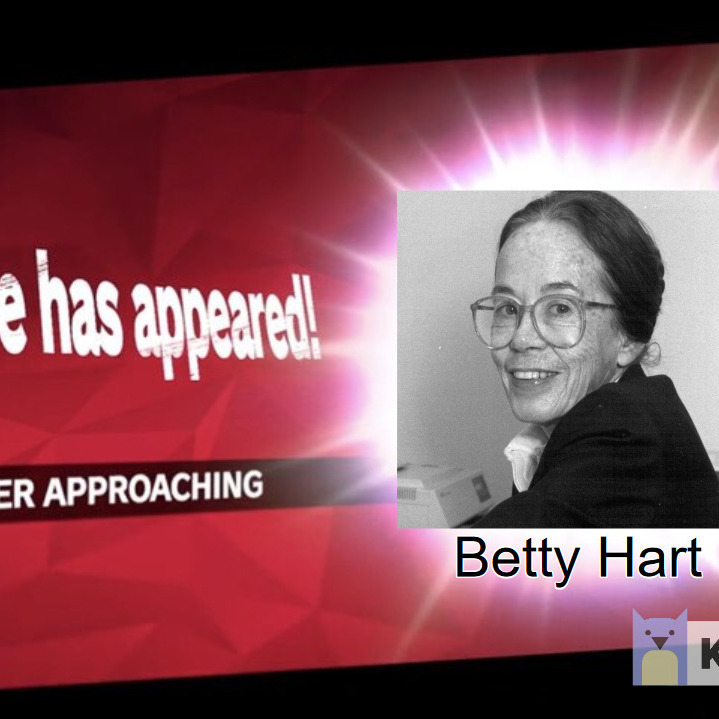



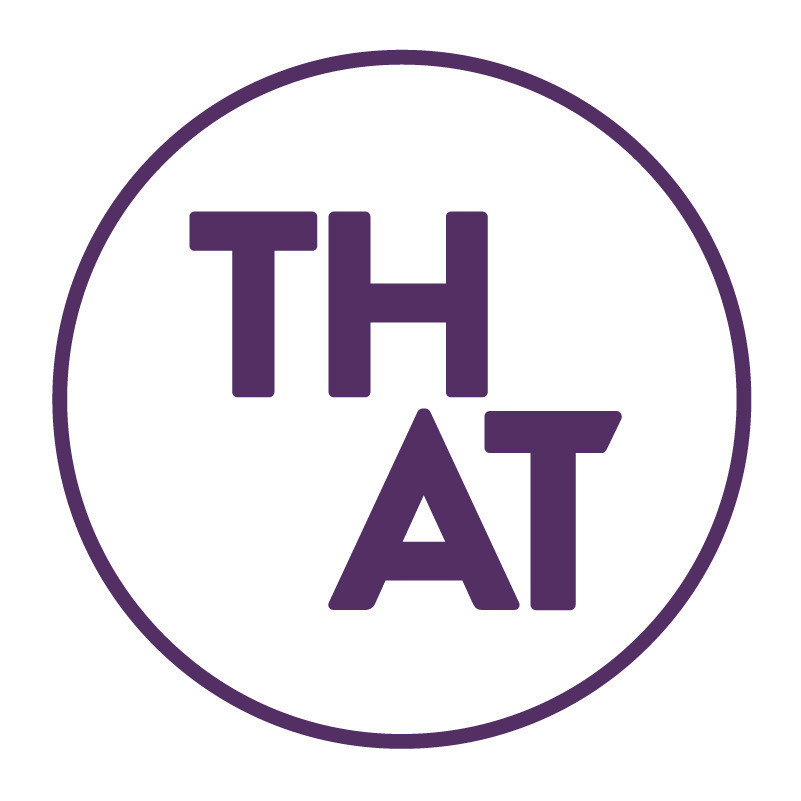
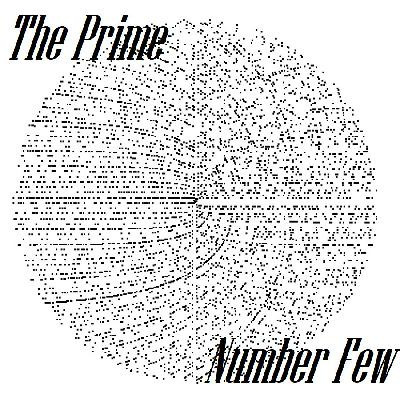
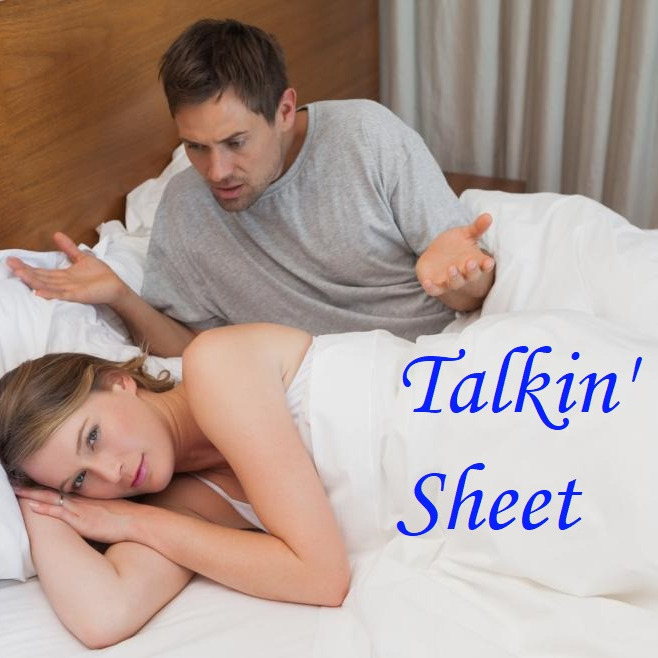
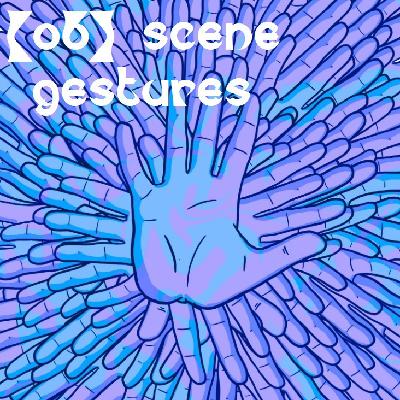

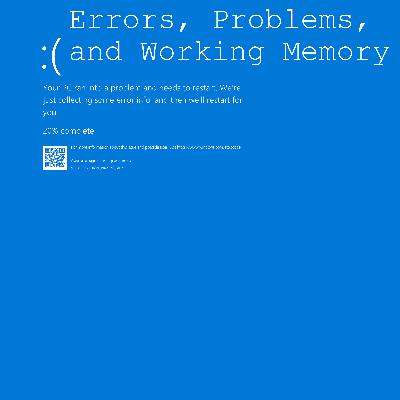





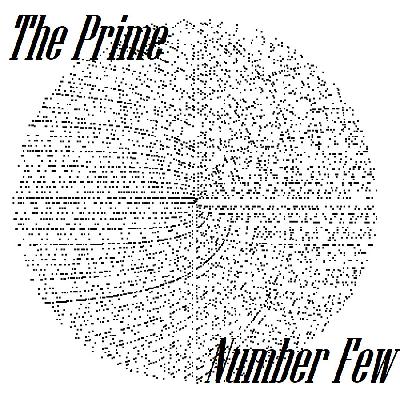
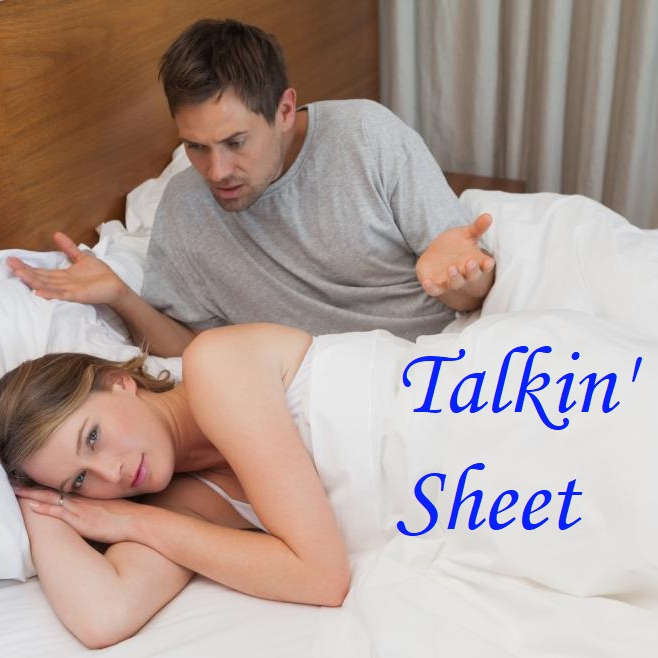




I was referencing iconic gestures when i said scene gestures because they're gestures that go with scenes. But now I'm thinking seen gestures makes more sense because most gestures are seen. Anyway.
Ehem. The past tense of "stad" is "stud". Today, I will stad homework until my fingers fall off. Yesterday, I stud so much homework that only two of my fingers fell off.